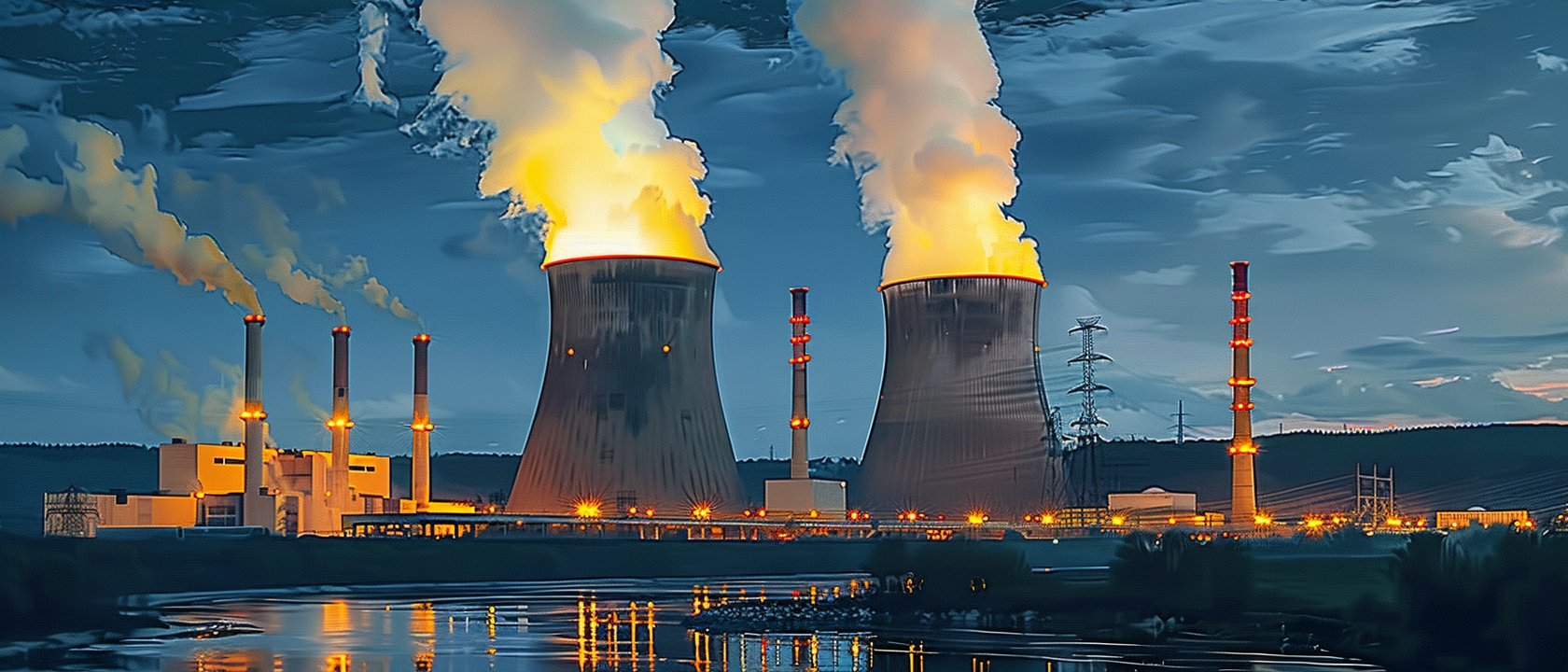
Energy expert Robert Bryce challenges the prevailing renewable energy narrative, exposing economic motives overshadowing climate activism.

In the recent podcast episode, Robert Bryce, an energy and power expert, presents a critical analysis of the current push towards renewable energy sources like solar and wind. This push, he argues, is largely driven by financial incentives – specifically tax credits – rather than a genuine concern for climate change. Bryce discusses his new docuseries, "Juice: Power, Politics & The Grid," which has seen substantial success with close to 750,000 downloads. The series aims to highlight the fragility of the electric grid, attributing this fragility to the prioritization of weather-dependent generation over weather-resistant alternatives.
Bryce advocates for a shift towards nuclear energy, which he considers essential for a serious future energy plan. The discussion also touches on the 2021 Texas blackout, emphasizing the grid's overreliance on natural gas and weather-dependent generation. Bryce criticizes the current energy generation incentives, pointing out that they compromise grid reliability by fostering dependence on unpredictable weather conditions.
Moreover, Bryce mentions the resistance faced by renewable energy projects across the United States, where local communities are pushing back against large-scale solar and wind installations. He stresses that this opposition is not a result of misinformation spread by fossil fuel interests, but a genuine concern for preserving the character and environment of local neighborhoods. Bryce's narrative is one of energy realism, focusing on practical and sustainable solutions rather than politically driven agendas or short-term financial gain.
The podcast episode with Robert Bryce offers a sobering look at the current state of energy politics and the grid's resilience. Bryce's message is clear: the push for renewable energy is more economically than environmentally motivated. His docuseries, "Juice: Power, Politics & The Grid," serves as both a warning and a call to action, urging a reevaluation of our energy infrastructure with a focus on reliability and sustainability.
Through his critique of the 2021 Texas blackout and the growing resistance to renewable energy projects in rural America, Bryce reveals the complexities and local impacts of energy policy decisions. His emphasis on nuclear power as a key component of a resilient and future-proof grid challenges the prevailing narrative of weather-dependent renewables.
In sum, the episode sheds light on the often-overlooked aspects of energy production and grid stability, advocating for a more informed and pragmatic approach to energy policy that prioritizes the long-term well-being of communities and the integrity of the grid over short-term financial interests. As we look to future energy solutions, Bryce's insights underscore the need for a balanced, well-informed, and strategic approach to energy generation and infrastructure development.